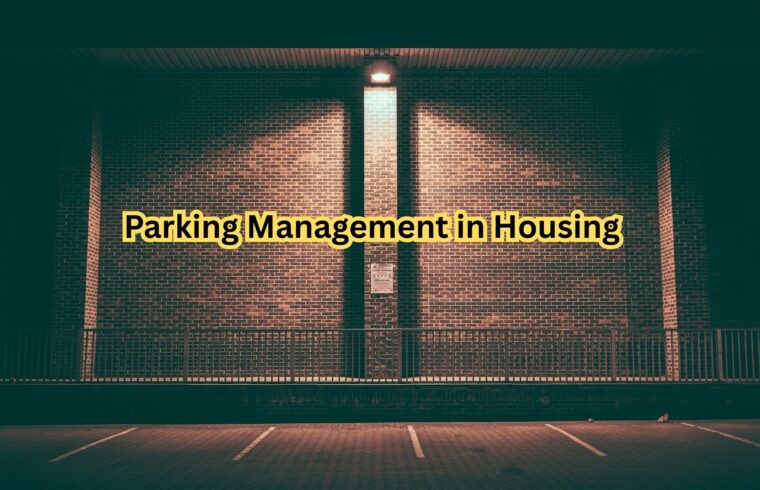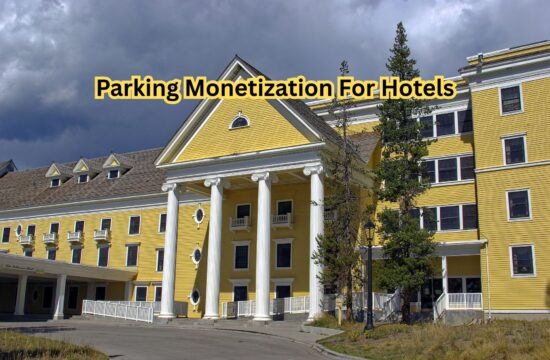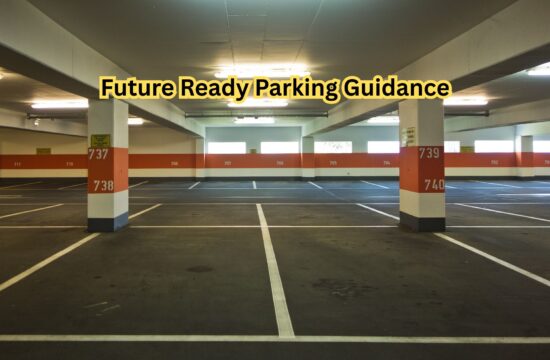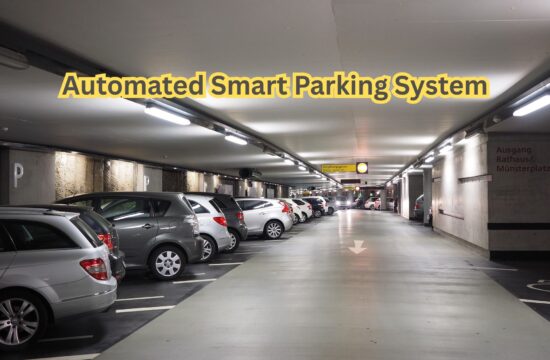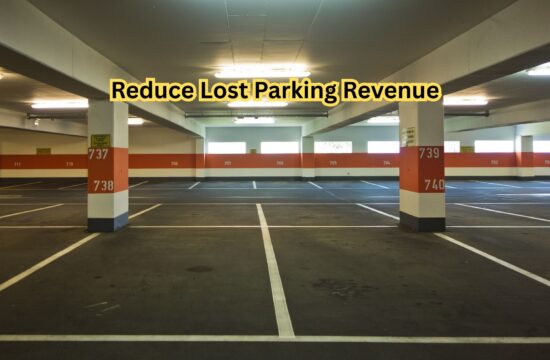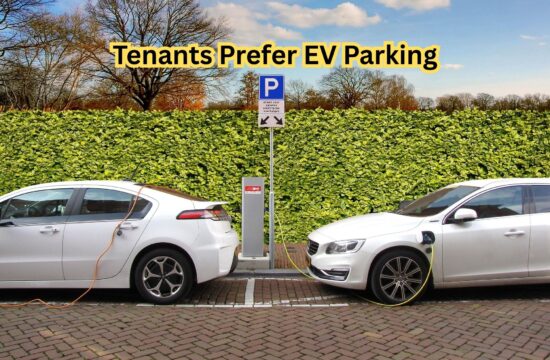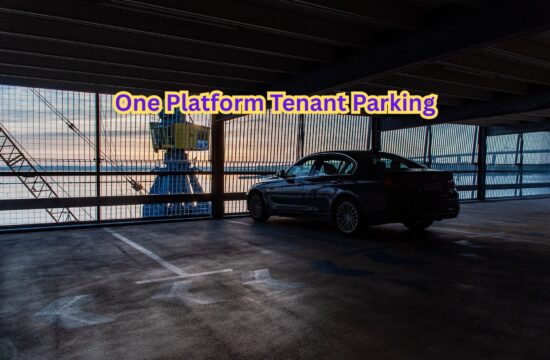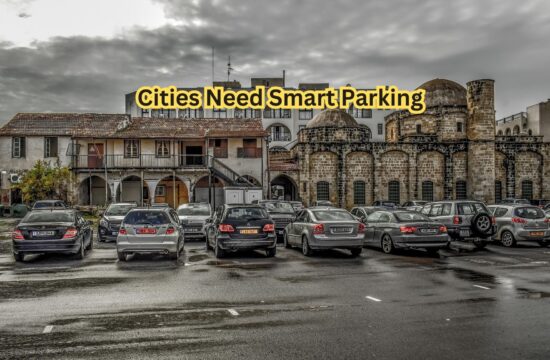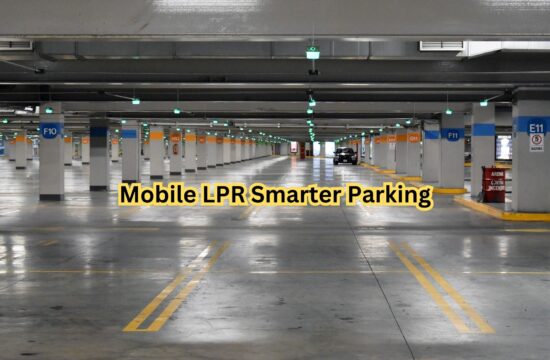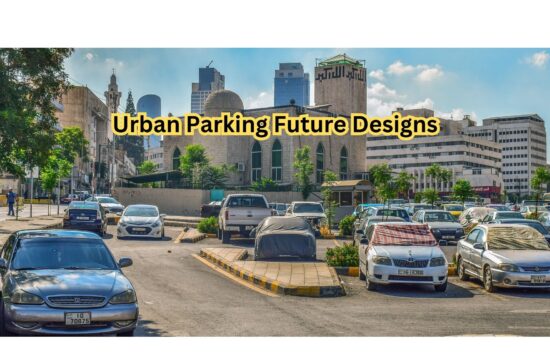Parking Management in Housing is essential for both resident convenience and urban planning. Effective use of few parking spaces guarantees smooth traffic flow, lowers conflict, and improves community convenience as urban density and vehicle numbers rise. In increasingly congested metropolitan regions, Parking Management in Housing ensures a peaceful living environment, preserves order, and maximizes available space. Proper Parking Management in Housing strategies are crucial for sustainable urban development and harmonious community living.
Challenges of Parking in Residential Areas
Housing societies frequently deal with a shortage of parking spaces, haphazard car parking, and conflicts over space distribution. Congestion, security worries, and unhappiness among residents might result from these problems. Communities struggle to preserve peace and order in the absence of effective parking management, underscoring the necessity for planned solutions to guarantee effective space usage and tranquil urban living.
Importance of Organized Parking
In addition to optimizing available space, well-organized parking reduces resident confusion and disputes. It guarantees efficient vehicle circulation within the building, lowering traffic and enhancing security. Furthermore, thoughtfully designed parking improves the residential complex’s general look and use, making it a more pleasant and orderly place for all inhabitants to live.
Role of Technology in Parking Management
Smart parking solutions like surveillance-integrated systems, app-based slot booking, and RFID-based entry increase the efficiency of parking management. They promote transparency, improve security, and reduce manual labor. In contemporary housing societies, these technologies guarantee smoother operations and an improved parking experience for tenants by automating procedures and offering real-time monitoring.
Visitor and Guest Parking Control
The management of external automobiles is aided by visitor registration systems, appropriate signage, and dedicated guest parking places. This guarantees that tenants’ parking requirements won’t be met while entertaining visitors in a civilized manner.
Allotment and Policy Framework
Clear parking policies and fair allotment systems based on unit size or ownership can prevent disputes. Societies should define rules regarding the number of vehicles per unit, paid parking, and reserved versus shared spots.
Security and Surveillance
Parking areas are common targets for theft and vandalism. Enhancing security through CCTV camera installation and the presence of security personnel significantly improves the safety of both vehicles and residents. These measures deter criminal activity, provide evidence in case of incidents, and contribute to a secure and trustworthy environment within housing societies.
Conclusion
In housing societies, effective parking management is now required rather than optional. A stress-free and well-structured parking system can be established in residential complexes by taking a balanced approach that incorporates technology, legislation, and community involvement. This not only lowers conflict and increases security, but it also greatly raises living conditions and fosters community cohesion.

